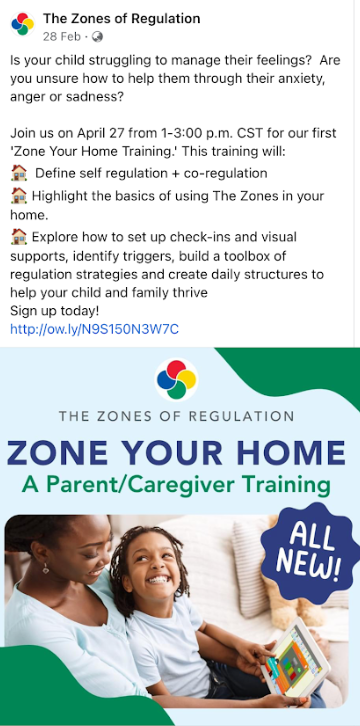Student Wellbeing &
Learner Diversity

Student Wellbeing &
Learner Diversity


Resilience is the ability to ‘bounce back’ after challenges and tough times.
For children, challenges and tough times include experiences like starting at a new school, moving house, or welcoming a sibling into the family. They can also include serious experiences like family breakdown, family illness or death. In recent times, this has included unpredictable weather events.
If given the chance, resilience is a skill that children develop as they grow. Having resilience helps them navigate stressful situations and with the right skills, they have what it takes to confront difficult obstacles.
Despite our best efforts, we can’t protect our children from obstacles. It’s easy to jump in and try to help our children solve problems so they avoid dealing with discomfort, but this can weaken resilience. At times we may have to stand back and allow them to problem-solve independently, as the more they can bounce back on their own, the more confident they become at knowing that they can solve their own problems.
Children who are resilient can recover from setbacks and get back to living their lives more quickly. When children overcome setbacks and problems, it builds their confidence and helps them feel more capable the next time a problem comes up.
When things don’t go well and children feel anxious, sad, disappointed, afraid or frustrated, resilience helps them understand that these uncomfortable emotions usually don’t last forever. They can experience these emotions and know they’ll be OK before too long.
Resilient children are less likely to avoid problems or deal with them in unhealthy ways, like getting defensive or aggressive or intentionally hurting themselves. Resilient children are also likely to have better physical and mental health than children who struggle to be resilient.
Children learn resilience through experience. Each time your child overcomes a problem, it builds their confidence in their ability to handle the next challenge.
Here are some ways you can build your child’s resilience:


Donna Allen



